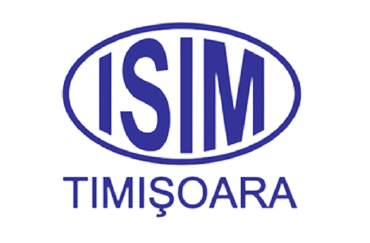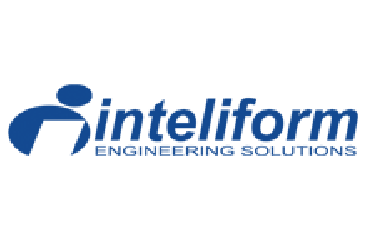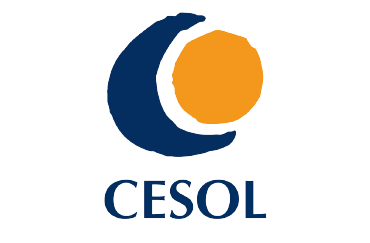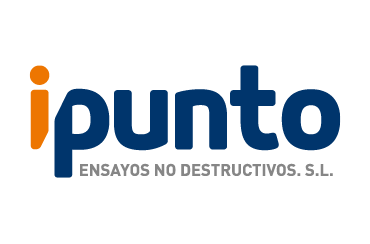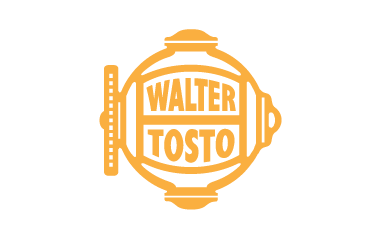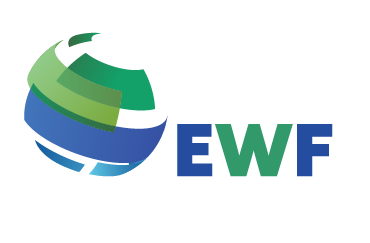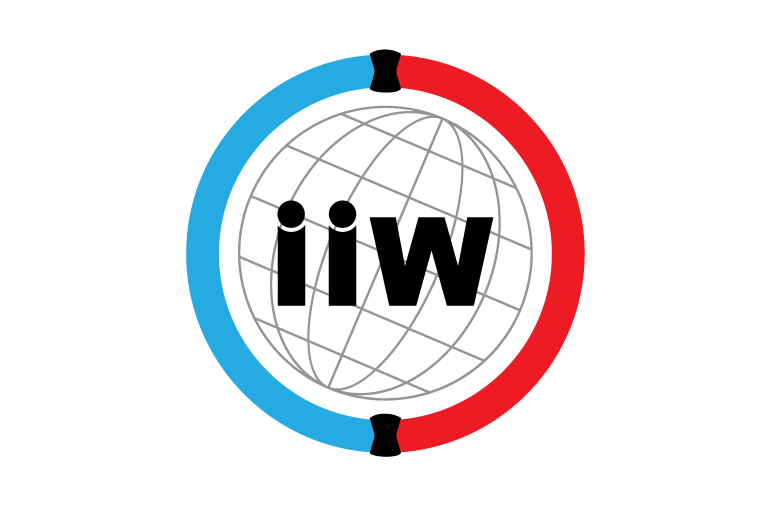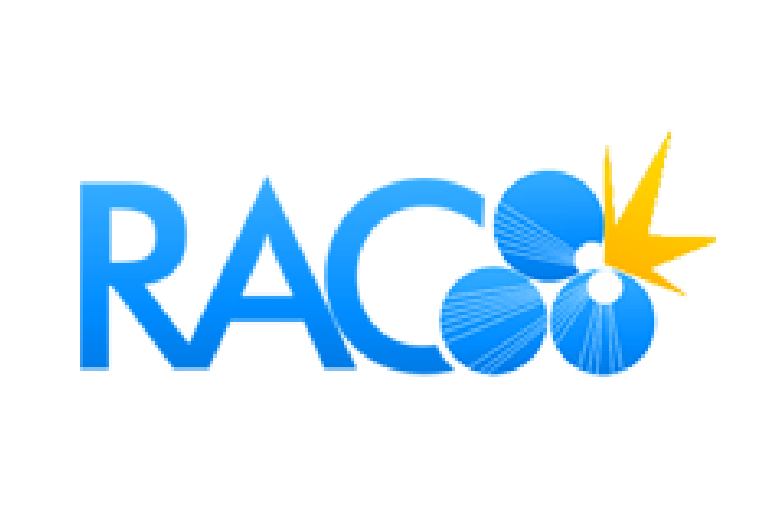Virtual Reality (VR) environments have the potential to assist and enhance user’s learning experience:
Studies have indicated that Virtual Reality (VR) environments have the potential to assist and enhance user’s learning experience. In a VR environment, users have the opportunity to navigate, visualize and have meaningful interaction with computer generated models. This can reduce or eliminate physical trainings in laboratories or construction sites which normally require prior arrangements, permission, and onsite safety issues to be addressed first.
The overall goal of this proposal for the consortium will be to design and develop a virtual reality (VR) enabled training program for personnel in the field of non-destructive testing sector.
The project encourages innovation, creativity and transnational cooperation through the transfer of innovation and a sustainable exploitation of the results obtained within the partnership. Thus, the project will develop and test a VR platform capable of improving the process of practical training of students and facilitating their access to education through an innovative, futuristic and attractive approach for students, based on VR and artificial intelligence.
Currently, training in the field of welding is still very traditional and classroom based. Given that information and communication technology (ICT) has begun to govern social systems and that development in this field will not stop here and on this path, we will move towards a global society, digital training has become a priority. Thus, VET teachers and trainers, as well as their training methods must be adapted to the current labour market trend and they should continuously improve their professional skill, to develop of digital readiness, resilience and capacity to meet the needs of modern society. E learning is a digital technology that could be used for a proper teaching, learning and sharing of experience remotely, allowing the access to information of people with disabilities and especially in case of pandemic situations. Blending of classroom learning with e-learning and practical Work-Based Learning (WBL) has to be improved to facilitate a smoother and more flexible implementation within the non-destructive examination testing sector.
Living Lab laboratories
can be set up as a network
of laboratories.
Living Lab Laboratories and Transnational VR Platform:
Real Living Labs, relevant to the project themes, will be found in each project partner country.
These laboratories are generally equipped with various equipment necessary for non-destructive
examination and a range of other equipment and consumables for structural analysis, mechanical testing, etc.
In view of the above, in the project frame, the new teaching and training methodology and related educational materials will be designed to contribute to the implementation of the New European Bauhaus initiative and its values (sustainability, inclusiveness, and aesthetics), to accelerate the green transition in the welding sector, thus actively contributing to the European Green Deal, boosting innovation and technologies for an inclusive and sustainable European economy.
In addition to the development of human resources, the project supports regional development through innovation and smart specialisation for the integration of SMEs and clusters into the value chains of the industrial ecosystem related to the non-destructive examination testing sector.
The implementation of the project activities will aim to raise the awareness of welded structures manufacturers to address climate change issues and reduce exposure to pollution, and to stimulate their willingness to apply clean technologies in their daily practice. At the same time, the educational materials to be developed will aim to promote long-term, life-cycle and integrated thinking in the industrial ecosystem, i.e. the need for greater circularity to combat unsustainable use of resources and material waste in the non-destructive examination testing sector.
